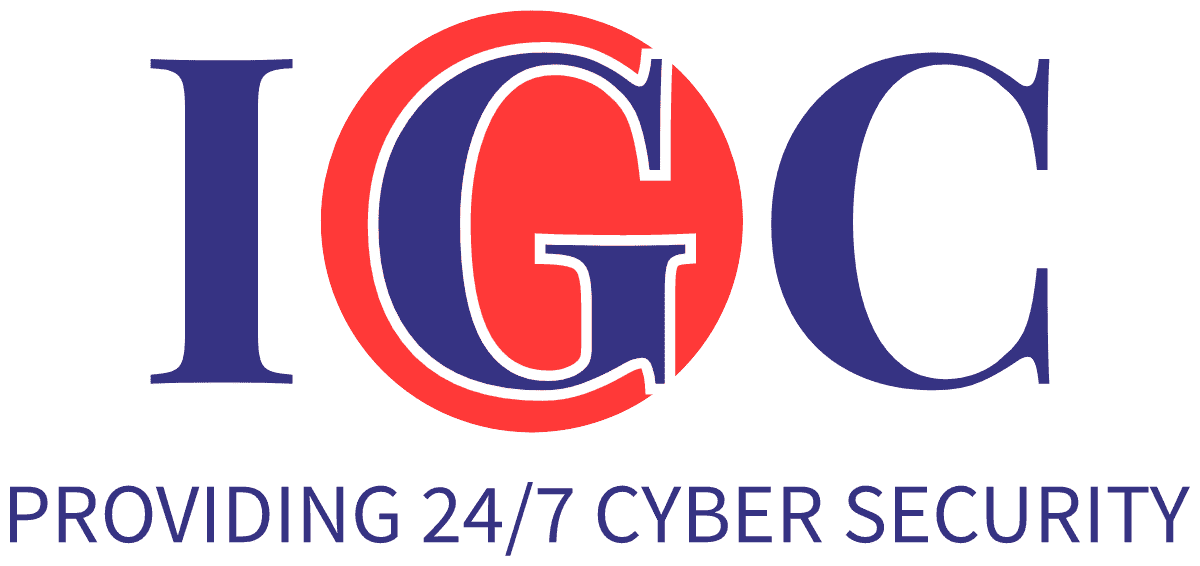3 Things to Consider When Seeking IT Support
At the beginning of your company’s history, several team members would wear many hats. Now that you’ve grown considerably, you think your business needs dedicated IT support in Omaha. Since this will be your first time seeking professional IT services, what should you consider when hiring a professional or team?
Keep these three points in mind when seeking IT support:
- Response times and availability should be sufficient for your level of business
- The IT support staff should have certifications and ongoing training to serve you well
- Strive to avoid long-term contracts if you don’t want to be locked in for years
Ahead, we’ll go point by point, discussing why each of these factors is so important on your quest for IT support. After all, you don’t just want an IT team that’s good enough, but one that gels with your company. By the time you’re done reading, you can find such Omaha IT support!
3 Considerations When Hiring an IT Support Team
Their Availability and Response Times Must Work for Your Company
Imagine this disastrous scenario: your company has a big client flying in tomorrow to meet with your staff and discuss a possible lucrative deal. You’re working on a dossier for the potential client when your computer network goes down.
Frantically, you call your IT team, but it’s after hours, so they’re not going to get back to you until the morning. You really, really can’t afford to wait that long, so what do you do? Go home, and on your work laptop or even your personal computer, try to recreate the dossier from scratch. What other choice do you have?
Sure, a written document can be put back together easily enough, even though it will still take hours of hard work and frustration to rebuild it. What if you’re working in a more technical program that you don’t have on your home computer? Then you can’t get back what you lost until your work computers are up and running again.
These situations do happen, and you need to have a contingency plan for what you’d do in a worst-case scenario. Ideally, you want your IT support staff to be on call when you need them most, be that after hours, on weekends, or even holidays.
That means you need a Omaha IT company so they’re local. Your IT team will be in the same time zone as you, ensuring there’s never a matter of hours between when you log a call and when the IT support gets to it.
They Should Have Certifications and Ongoing Training
Today’s technology is a constantly evolving field. Few jobs require their employees to be as on top of changes and advancements as much as IT. An IT professional can never assume that he or she has learned it all, as they will always discover there’s more to their field to master.
For that reason, ongoing training is a must. Whether this training is supplied by the IT support team’s company or they seek it out on their own time doesn’t matter so much as they are continuing to learn. When the next Windows or Mac operating system drops, you should be able to trust that your IT support already knows these OSes well enough to troubleshoot any issues you may have or to guide you through installation.
Besides the necessity of staying abreast of technology changes through ongoing training, you don’t want to hire an IT company unless they have one or more certifications. According to a 2020 Robert Half guide on technology salaries, these are 10 of the most pertinent IT certifications:
- Certified data professional or CDP
- Certified information systems security professional or CISSP
- Cisco certified network professional or CCNP
- Certified information systems auditor or CISA
- CompTIA A+
- Microsoft technology associate or MTA
- Project management professional or PMP
What do these certifications mean? We won’t cover all of them, but to give you an idea, if your IT support is a Microsoft technology professional or MTA, they’re experienced in basic-level Microsoft fundamentals. These include areas of security, networking, Windows Server administration, databases, software development, and Windows OS. Your IT pro may also know basic programming in Python, CSS, HTML, and/or JavaScript.
If your IT support team has their CompTIA A+ certification, they can repair issues with operating systems, mobile devices, operational procedures, networking, and hardware.
Even if your IT support in Omaha has a certification right now, do know that the cert is not necessarily good forever? VMware and Microsoft certifications are lifelong certs, but CCNA, CCNP, and CCIE certifications from Cisco are not. CCNP and CCNA certs last three years and CCIE two years. CompTIA A+ is also good for two years.
Before those certifications expire, your IT team should renew them. If that hasn’t happened, then you haven’t found the right IT company yet.
They Must Have a No Long-Term Contract Option
You’ve narrowed down a few IT support Kansas City options thanks to the tips in this article, and you feel like you’re pretty close to choosing one. Before you sign any paperwork, triple-check what the contract options are.
Some IT teams use long-term contracts, a catch-all that usually refers to year-plus-long contractual obligations between your company and the IT team. Some long-term contracts go even longer than a year, upwards of two or three years.
Have you ever used a phone service that you weren’t thrilled with after a while? Maybe it was your cable provider that left you unhappy. With those services, it’s typical that you’re locked into a multi-year long-term contract. You have no choice but to wait out the duration of the contract and then take your services elsewhere.
It’s one thing to have a bad selection of TV channels and another to not be able to log into your computer because your IT support is poor. When you’re stuck with bad TV, it’s an inconvenience, but not the end of the world. Being stuck with bad IT support can hamper your business, preventing the successful completion of company objectives and impacting your bottom line.
We wouldn’t recommend jumping into a long-term contract with a new IT support team. You want month-to-month contracts instead, which typically have a clause that lets you get out within 30 or 60 days if need be. Such a short period of working with a less-than-stellar IT company won’t hurt your company as much.
If you do indeed find a great IT team, then after a few months of reputable service, you can extend the contract. At that point, you might not mind being locked into a multi-year contract. Until you get a feel for how well your IT team will support your company though, don’t sign a multi-year deal.
What if the IT company says they only do long-term contracts? Try negotiating a bit, explaining your side. Since the IT company benefits from your long-term business as part of the contract, they don’t always think of what it’s like for the party that’s receiving the service.
If the IT company won’t be flexible and hear you out, then it’s time move on and broaden your search. You will find an IT company that offers shorter-term contracts. You just might have to put more time and effort into tracking them down.
Conclusion
If your company is seeking IT support in Omaha, this isn’t a decision that should be taken lightly. You want an IT team that’s on the same wavelength as you and can help you immediately when problems arise. That goes for after-hours as well, including nights, weekends, and maybe even holidays.
Your ideal IT team should also continuously learn the ins and outs of their trade, staying up-to-date on new operating systems and software so they can assist you on new tech. They must have current certifications as well; remember that some certs only last two to three years.
Finally, you want an IT company that’s willing to agree to a short-term contract until you decide you want a longer-term professional relationship. Prioritizing these areas will allow your company to grow fearlessly with strong IT support behind you.




